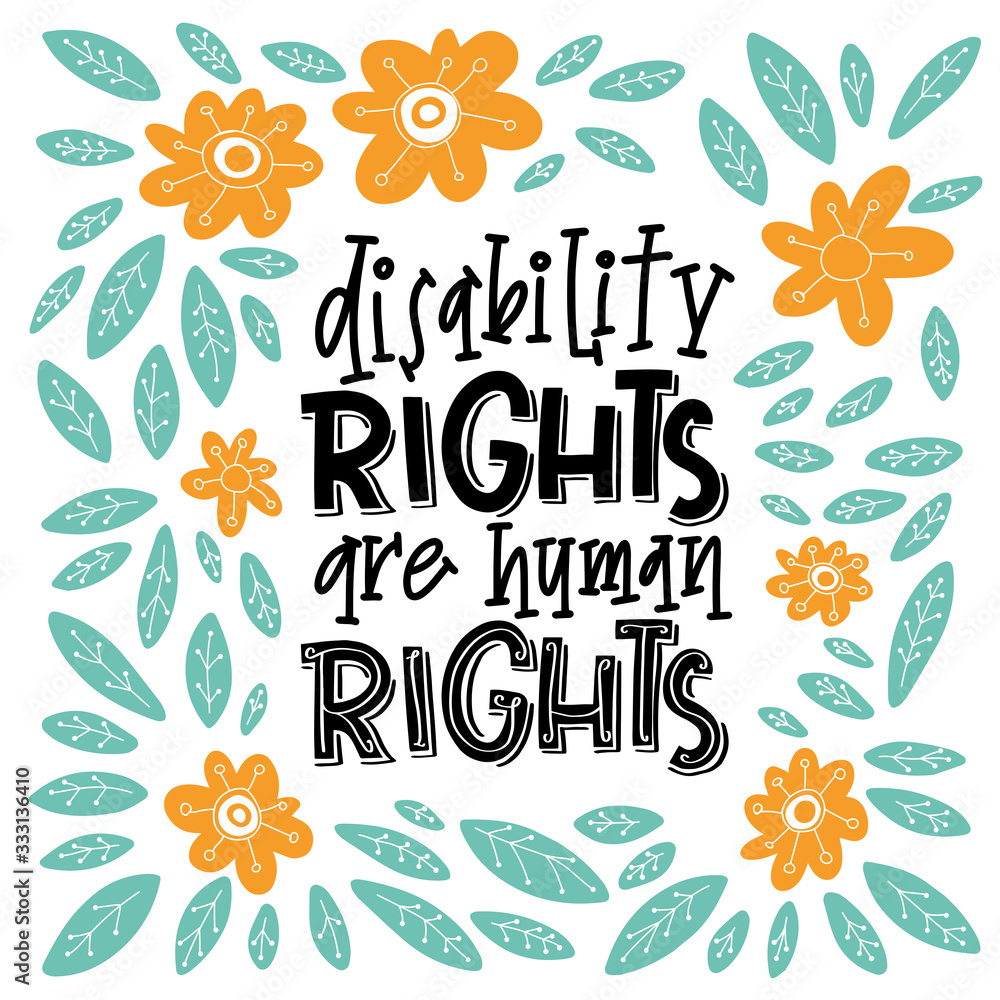History of Disability Reflection
In our class session on February 14th, we dove deep into the subject of the History of Disability. This is a topic that many of us are genuinely enlightened on once we see it ourselves. This topic is a difficult topic that we do not talk about often but should be something we are aware of. We watched the 1968 ground-breaking documentary by Bill Baldini called "Suffer the Little Children Documentary," which took a look at the Pennhurst State School and Hospital in Pennsylvania. The documentary was later followed by a presentation by Bruce Kiesling, Ph.D., the Executive Director of the UTHSC Center for Disabilities, who further explained the history of disability and how it has affected the way we view disability today.
In the documentary "Suffer the Little Children," we are immediately shown the horrible upkeep of the facility and the overcrowding of patients. This can be a trigger warning to many, but remember, the documentary was filmed at a time when certain terms were a part of everyday vocabulary. Throughout the documentary, all the patients that were seen as mentally ill or disabled were referred to as "mentally retarded." This is a word we as a modern society have stopped using or at least spread the awareness of ending the term usage. With the stigma of shame that was attached to having a child with a mental illness, it was common for people to overlook institutions like Pennhurst. Children were neglected by their own families, abandoned, and no one would really come to visit them. News reporter, Brill Baldini, mentioned that zoo animals have more money spent on them than the children in Pennhurst with better upkeep and care. This alone shows how much the state overlooked the institution. Children were shackled by chains to their beds and were seen rolling around in their own waste. Since it was so overcrowded, there were not enough staff members to take care of them. Some children were also drugged to keep them calm and not cause harm to others, which was apparently very normal to do. Once this documentary aired, it opened everyone's eyes to really start taking action. Pennhurst closed its doors in 1987 and many institutions have been closing since then. As of right now, there are no big institutes in Tennessee. There was also a follow-up segment on the lives of patients after Pennhurst and just about everyone had a much better life and were all either in their own homes or moved to smaller community programs.
Our guest speaker that day, Bruce Kiesling, followed up the documentary by highlighting the history of disability. Dating back to the early 20th century, we are given an introduction to how people with mental disabilities were immediately associated with crime and poverty. They were known as the "feeble-minded." Pennhurst's Chief Physician during this time even referred to people with disabilities as feeble-minded and mentioned that they have the potential to be a criminal. Using words like "idiot" or "moron" to describe them as well. Kiesling also mentioned how another pivotal moment in viewing people with disabilities was when former President John F. Kennedy's sister, Rosemary Kennedy, had a frontal lobe lobotomy. He went more into detail about her life and what her life was like after the lobotomy as well. The women in this family helped paved the way for Rosemary and more people with mental disabilities and illnesses to get the care they need. Movements and protests were initiated to change the way people with disabilities were viewed and cared for.
Watching this documentary and hearing what Bruce Kiesling had to say really resonated with me. To see it all and hear what people have to say just lets you know that this is all REAL. This isn't just made up. The history of it all is heart-wrenching. Knowing the people that were institutionalized could not stand up for them or did not have anyone to stand up for them hurts. Everyone should be cared for and given that attention to have special care and love. Although I am thankful for my health and my life, this opened my eyes to really be that advocate for people with mental disabilities/ illnesses. One thing that Kiesling mentioned during his presentation that also made me think was that the longer we live, the more likely we will also develop a disability, which is so true. We know the older we get, the less chance there is for us to fully take care of ourselves. It's never too late to start change and to advocate. I, as a future OT Practioner, know my ethical values and duties and will continue to advocate for everyone.




Comments
Post a Comment